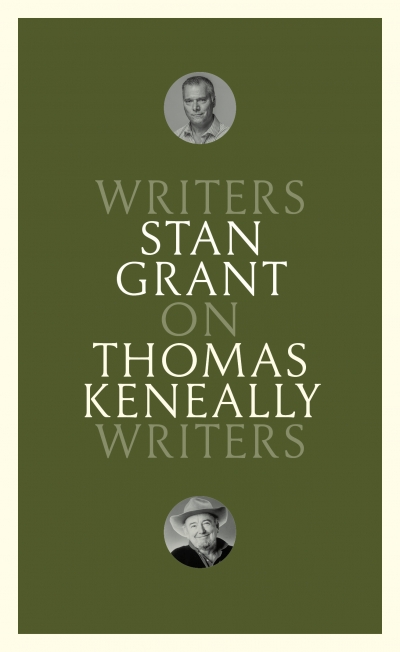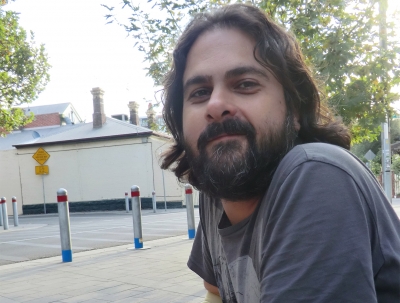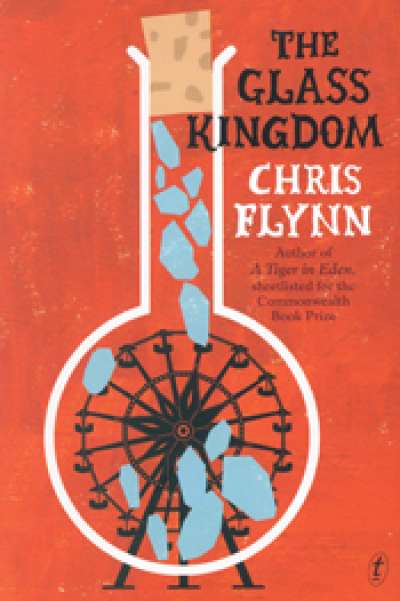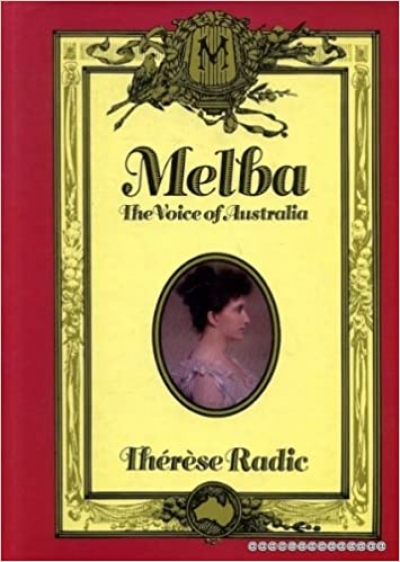October 2007, no. 295
The Fortunes of HHR
Last month, in his critique of Bruce Beresford’s memoir (whose title is far too long to reproduce here), Peter Craven, in addition to expressing surprise at film producers’ unwillingness to finance Beresford’s proposed film of Henry Handel Richardson’s The Fortunes of Richard Mahony, deplored the fact that the great trilogy (1917–29) was out of print. Well, abracadabra! Australian Scholarly Publishing has come to the rescue with a three-volume edition of Fortunes. (Penguin informs us that it will publish a new Penguins Classics edition in 2008.)
The Australian Scholarly Publishing edition marks the culmination of Clive Probyn and Bruce Steele’s scholarly edition of the works of HHR: six novels, a novel translated from the Danish, her music and her complete correspondence. Professor Probyn, of Monash University, writes about the trilogy and the vicissitudes of HHR’s career in this month’s Profile in World Literature and Ideas (beginning on p. 30).
Scholarly editions of this kind are the rara avis of Australian literature. What this country badly needs is an equivalent of the Library of America, that redoubtable, non-profit enterprise which brings readers – in handsome, relatively inexpensive, hardback editions – novels, stories, poetry, plays, essays, journalism, historical writing, speeches and more. The Library – long dreamt of by Edmund Wilson, inspired by La Pléiade in France – was founded in 1979 and now runs to more than 150 volumes. The authors range from Edgar Allan Poe and Edith Wharton to James Baldwin and Philip Roth. The aim is a simple one: to keep classics in print in order to preserve the country’s literary heritage.
Now there is an ambitious project for a visionary Australian philanthropist or philanthropic trust.




























